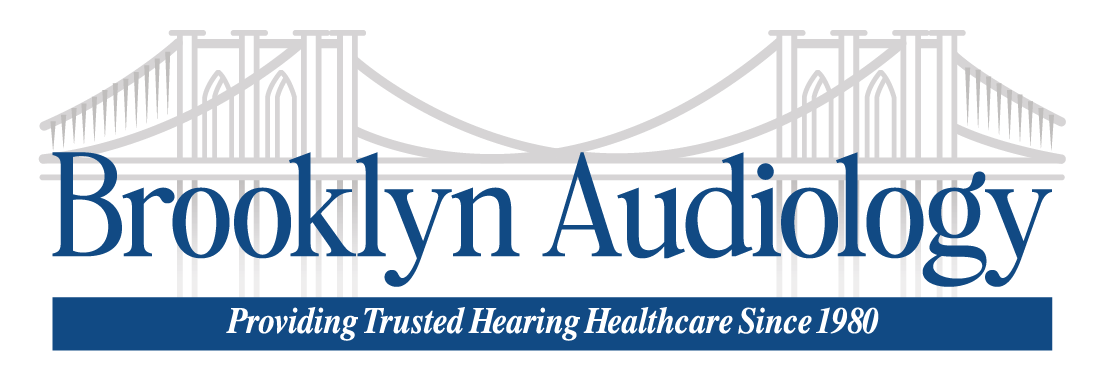The Hidden Epidemic: Understanding Hidden Hearing Loss
As we age, our bodies undergo a multitude of changes that can affect our overall health and well-being. One condition that often flies under the radar is hidden hearing loss, a type of hearing impairment that can have significant consequences on our cognitive function, mental health, and quality of life. In this blog post, we’ll delve into the world of hidden hearing loss, exploring what it is, its causes, symptoms, and most importantly, how to address it.
What is Hidden Hearing Loss?
Hidden hearing loss, also known as “invisible hearing loss,” refers to a type of hearing impairment that is not immediately apparent through traditional hearing tests. Unlike visible hearing loss, which can be detected through audiograms and other diagnostic tools, hidden hearing loss is often masked by normal or near-normal hearing thresholds. However, despite its subtlety, hidden hearing loss can still have a profound impact on our ability to process and understand speech, particularly in noisy environments.
Causes and Risk Factors
So, what causes hidden hearing loss? Research suggests that it can be triggered by a range of factors, including exposure to loud noises, age-related hearing decline, and certain medical conditions such as diabetes and high blood pressure. Additionally, individuals who have experienced head trauma or have a family history of hearing loss may be more susceptible to hidden hearing loss.
Symptoms and Consequences
The symptoms of hidden hearing loss can be subtle, but they can have significant consequences on our daily lives. Some common symptoms include:
- Difficulty understanding speech in noisy environments
- Feeling like people are mumbling or not speaking clearly
- Struggling to follow conversations in groups
- Feeling fatigued or frustrated when trying to communicate
If left untreated, hidden hearing loss can lead to a range of cognitive and emotional problems, including depression, anxiety, and social isolation.
Addressing Hidden Hearing Loss
The good news is that hidden hearing loss can be addressed through advanced treatment technologies, including hearing devices and cognitive training programs. These innovative solutions can help to improve speech recognition, reduce cognitive load, and enhance overall communication.
Take the First Step
If you’re experiencing symptoms of hidden hearing loss, it’s essential to take the first step towards addressing it. Consult with a hearing specialist or audiologist who can assess your hearing and recommend the best course of treatment. With the right support and technology, you can break free from the constraints of hidden hearing loss and regain control over your communication and overall well-being.
Conclusion
Hidden hearing loss is a common condition that can have significant consequences on our cognitive function, mental health, and quality of life. By understanding its causes, symptoms, and treatment options, we can take the first step towards addressing this hidden epidemic. Don’t let hidden hearing loss hold you back – take control of your communication and start living the life you deserve.
The information provided in this article is not meant to be medical advice and is for educational purposes only. If you would like to learn more about this and other audiology-related topics, feel free to contact Brooklyn Audiology Associates by clicking here or by calling 718-745-6363.
